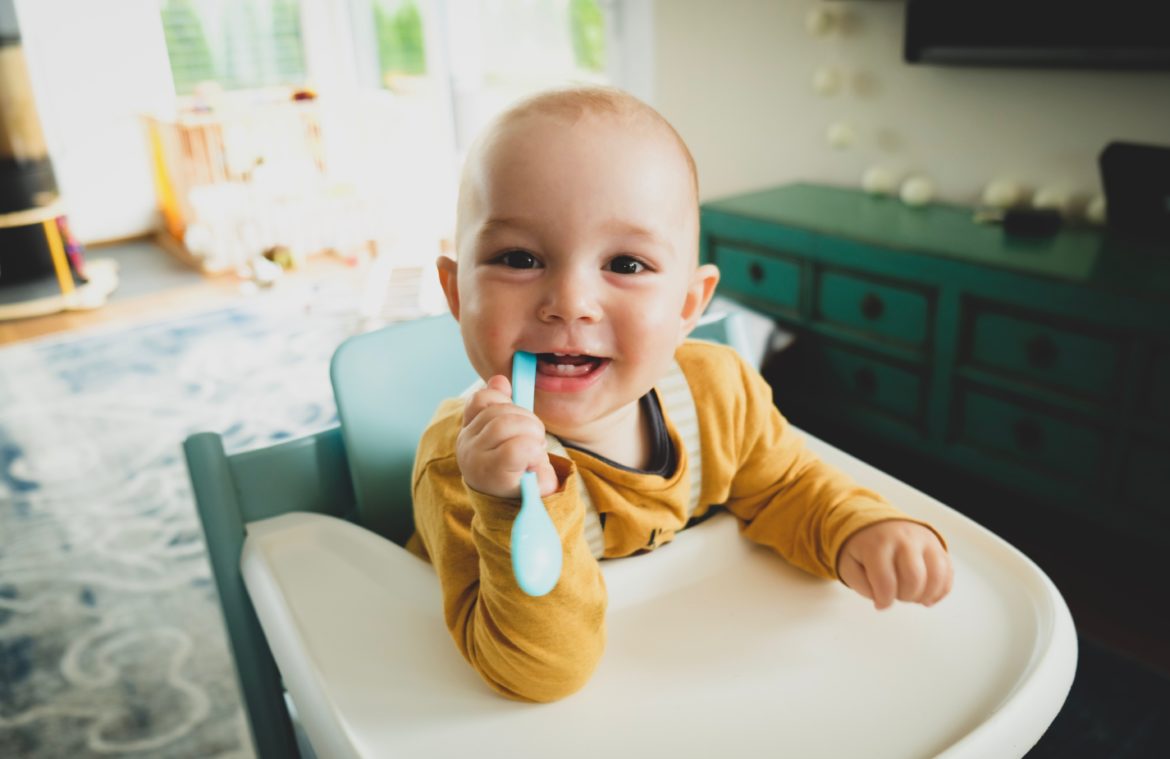The first visit to the dentist
A visit to the dentist’s office is usually associated with something that we are afraid of. We instill this mood, or often fear, in our children, who unnecessarily feel negative about their first visit to the dental clinic. An appointment with a dentist does not have to be as bad as we think. Today’s medicine has developed enough to enable us to fill or remove teeth virtually painlessly. How to prepare a child for the first visit to the dentist so that he is not afraid? What to do to avoid crying and unnecessary hysteria? We have covered the answers to these questions and some valuable tips in our latest guide.
The child’s first visit to the dentist
Every child is different, so their attitude will certainly depend on many factors. However, there are some proven tricks that will ensure your child goes to the dentist with confidence.
First of all: a dentist is also a doctor
The most important task will certainly be to make your child aware that every dentist is also a doctor. When a child has abdominal pain, has a runny nose or cough, we make an appointment with a pediatrician to find out what exactly is wrong with him. The same goes for the teeth. If our daughter or son feels pain or we want to check if there is caries somewhere, we have to go to a specialist, such as a dentist. Such a comparison will certainly reassure the toddler and help him get used to the fact that it is necessary. Then we will instill in the child that this is normal behavior and must go through.
Second: don’t talk about your negative experiences
It happens that it is – we – adults who unknowingly and at the same time negatively set a child. An overheard conversation, or even telling about our negative experiences, largely affects our children. Consequently, even if the visit is painless and the dentist only wants to check the condition of the teeth and mouth, the child will start to cry or become stressed. Even if we have had some unpleasant or painful stories, it is worth making sure that our little ones do not know about it. When a child notices that an adult is afraid of such a visit, he or she will think that it may really be an unpleasant meeting and will be negative at the very thought. For this reason, it should be avoided.
Third: caring for teeth
Many parents struggle with the problem of brushing their teeth. Often children do not want to or forget about oral hygiene, which translates into the occurrence of tooth decay. It is worth educating children from an early age and encouraging them to use a toothbrush and toothpaste at least twice a day. This behavior makes the child more aware and knows that teeth should be looked after, so a visit to the dentist can be perceived as a regular meeting with a pediatrician. If we have a problem with convincing children to brush their teeth, it is worth introducing an element of fun. Special brushes, colored toothpastes or „brushing your teeth on time” can certainly help.
Fourth: Talk to your child about the course of the visit
In both adults and children, fear is most often caused by ignorance. We are afraid of new situations that we have not dealt with before. The youngest often feel the same. To overcome anxiety, it is worth talking to your child about how the appointment will go. In this case, the selection of the right words will also be crucial, i.e. instead of saying that: „The doctor will use various tools to drill a hole”, we can say: „The doctor uses modern equipment for the examination, and the visit takes place on the chair, which lifts you up or down. ” So let’s try to encourage the child to visit the story itself.
Fifth: the right dentist
Even if the dentist we attend seems suitable for us, it may not always mean that he or she is good with children. A children’s dentist must be patient and experienced above all, which is why it is worth choosing a place dedicated to the youngest. Modern dental clinics introduce many amenities for children, for example: in the form of fairy tales displayed during the procedure or small gifts for young patients. It is worth choosing a place that to some extent will encourage the child to visit again.
Of course, the above-mentioned tricks are just tips that work more often with some children, less often with others. Nevertheless, the attitude itself can work wonders, so it is worth considering the first and second suggestions in detail. Children also talk to each other about the dentist in school or kindergarten, which we cannot avoid. However, when our son or daughter feels anxious as a result of a friend’s or colleague’s story, it is worth dispelling any doubts and ensuring that it is a fun adventure, not something to be afraid of. A moment is enough for the child to become discouraged and not want to go to another appointment, so it is always worth remembering to choose the right dentist who will be friendly to the child.







